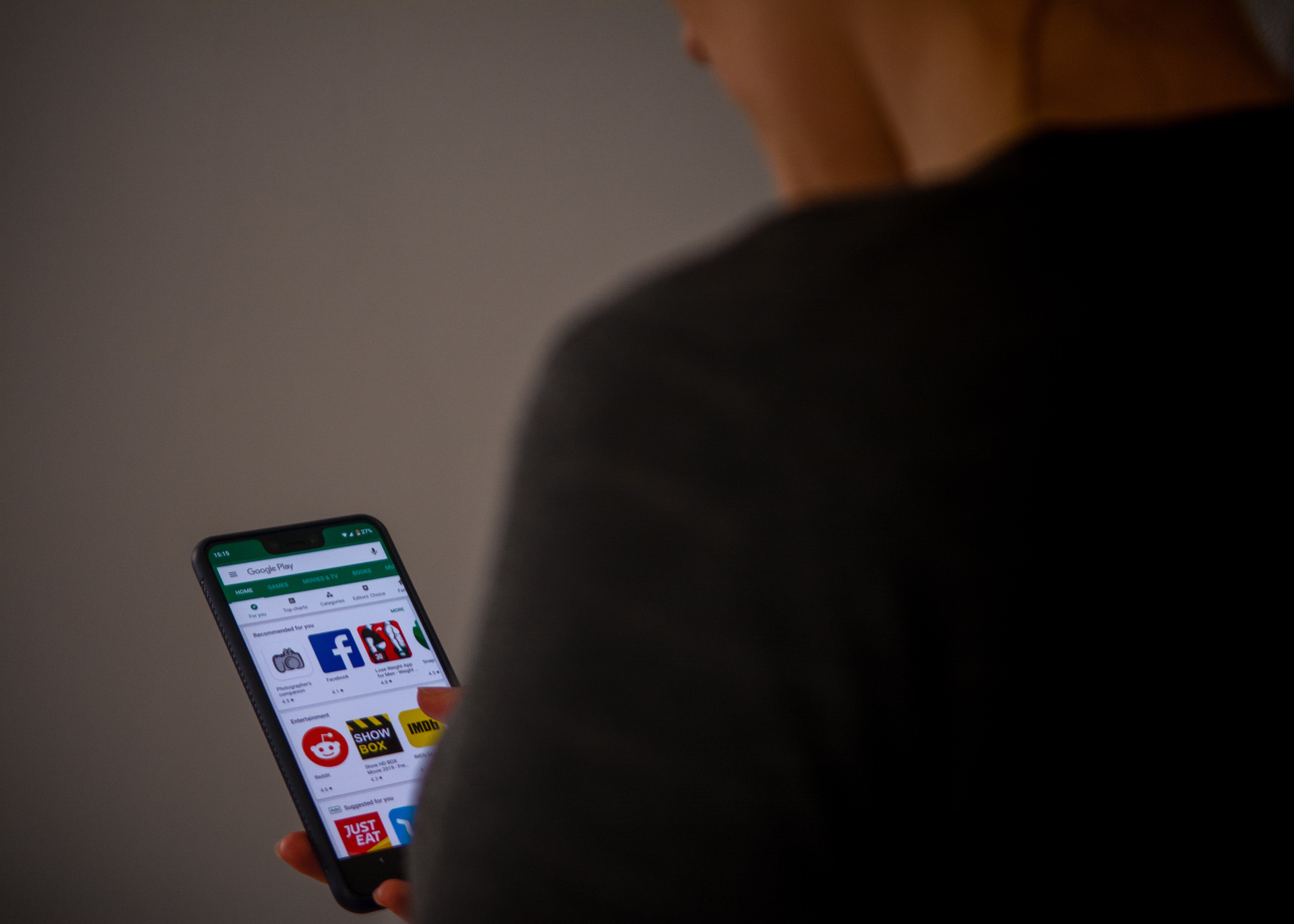Google is working on a way to get Android apps on Mac and Windows computers
Google is taking on Microsoft and Apple by having Android apps sync up through their browsers

Google will allow Android phones to stream apps and notifications to computers as part of the new Android 13 operating system.
The feature would allow for greater integration between Google’s Pixel phones and its desktop and laptop Chromebooks, and could also be used on operating systems not owned by Google through the web.
First reported by 9to5Google, the feature makes it easy to open an app on the phone and ‘livestream’ it through the browser – with users clicking, tapping, and typing as they would on a native application.
The phone generates a separate virtual display, rather than simply mirroring the portrait screen, and this separate display is where apps such as messages appears. This allows users to have an app on their laptop without disrupting those on the phone.
Around the window are controls to resize the display, go back, and stop the feed. Google has included the option of a ‘tablet’ display rather than a phone-shaped one to provide larger user interface.
A button at the bottom left reveals a list of apps installed on the phone which gives users the ability to run any app, while on the right is a notification stream.
Notifications will be managed by Google’s existing Phone Hub app, giving ChromeOS users deeper integration than those on other operating systems.
For Mac, Linux, and Windows computers, the integration will be available through a web app and it remains likely to stay that way so Google can drive more ecosystem integration. That said, the ChromeOS app seems to have fewer features than the web-based version, although that could be because the system is still in preview.
The ability to mirror apps to computers, especially PCs, has been done before. Huawei’s smartphones and computers have had a Share feature since 2019, while Microsoft’s Your Phone app has been around since 2015.
However many companies, Microsoft included, are more focused on direct app integration. The software giant introduced Windows 11 with the key feature of enabling Android apps on PC – albeit through Amazon’s App Store rather than the most-used Google Play Store.
It is possible that the development of this feature by Google is what interfered with a potential deal with Microsoft, although the company’s Panos Panay told The Independent at launch that “all stores [and] all apps are welcome on Microsoft Store”.
Apple, meanwhile, uses a ‘handoff’ feature that allows users to move a cursor and keyboard between devices – using the ecosystem as a whole rather than using the phone as a hub for interactions.
Join our commenting forum
Join thought-provoking conversations, follow other Independent readers and see their replies
Comments
Bookmark popover
Removed from bookmarks